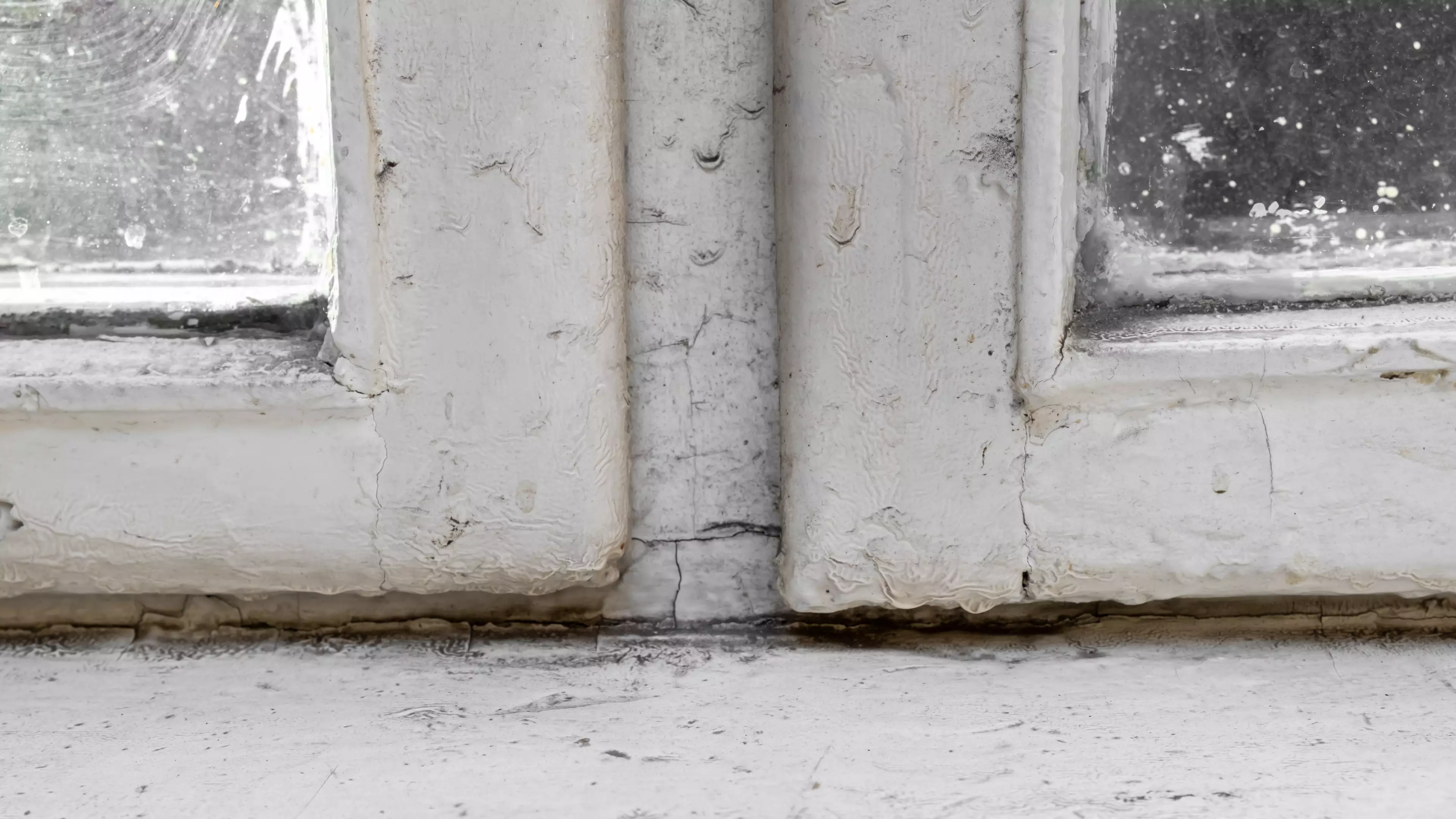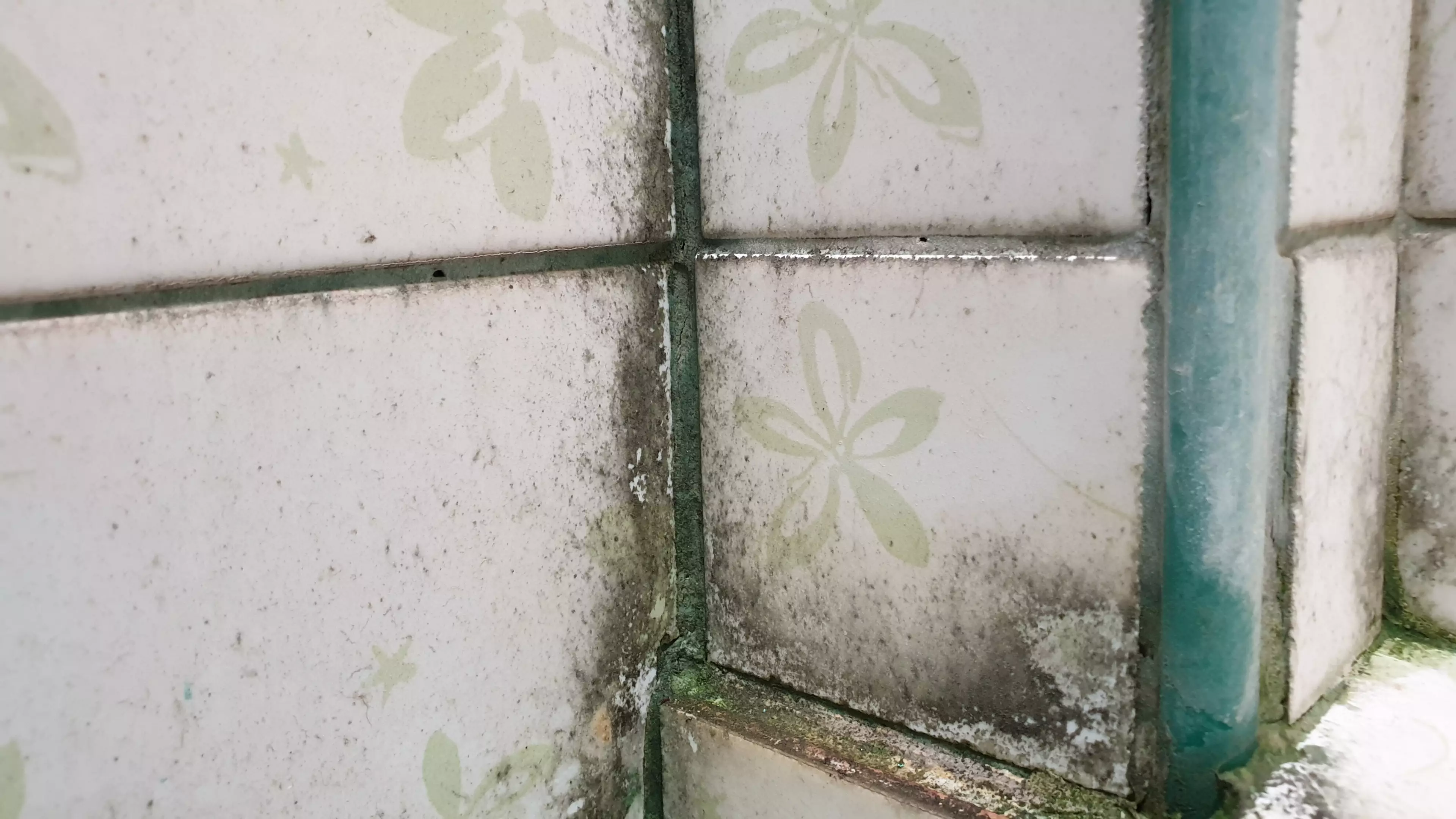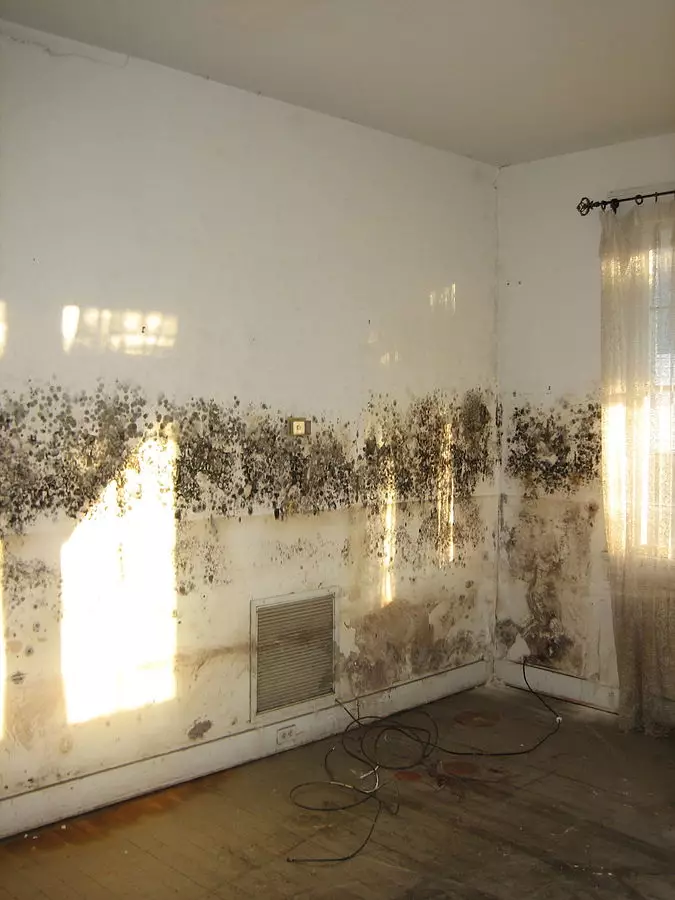
In good news for tenants, you'll soon be able to sue your landlord for damp and uninhabitable homes under new laws.
As of 20 March 2020, if property owners fail to fix problems like damp and mould, the occupant can take them to court and seek compensation.
The new rules form part of the Homes (Fitness for Human Habitation Act) which makes property owners more accountable for the condition of their homes.
Advert
The bill was first introduced in 2019 but only applied to people who had signed a new tenancy agreement or whose tenancy became a periodic tenancy (i.e. month-by-month, or week-by-week) on or after 20 March 2019.
Reassuringly, from 20 March 2020 the Homes Act will apply to anyone with a secure or assured tenancy, a statutory tenancy or a private periodic tenancy, regardless of when it began.
It's worth noting though, that tenants on a fixed term of a private tenancy that began before 20 March 2019 will have to wait until the end of that fixed term to use the act.

The bill covers private and social renters, so long as their tenancies don't extend longer than seven years, and includes the common areas of buildings as well as private rooms.
Advert
Worryingly, research conducted by housing charity Shelter indicates that around one million rented homes in the UK are not fit for human habitation, affecting 2.5 million people.
Until now, many tenants have relied on overstretched local authorities to investigate poor housing conditions. Often, renters have no effective means of holding neglectful landlords to account.
Polly Neate, chief executive for Shelter, said: "It's shocking that renters all over the country are forced to live in sub-standard and unsafe homes so this is an important first step towards giving them the rights they need."

Heather Wheeler, minister for housing and homelessness when the Act came into force, added: "This new law is a further step to ensure that tenants have the decent homes they deserve."
Advert
Under the new act, landlords will be expected to resolve issues as quickly as possible. The exact time frame is decided in court. If a repair is seen as less urgent, landlords generally get up to 28 days to fix the problem.
Here's the full list of 29 problems which would class a property unfit for human habitation:
- damp and mould growth
- excess cold
- excess heat
- asbestos and manufactured metal fibres
- biocides (chemicals that treat mould)
- carbon monoxide
- lead
- radiation (from radon gas, which is airborne or in water)
- uncombusted fuel gas (leaks in gas appliances)
- volatile organic compounds (chemicals which are gases at room temperature)
- crowding and space
- entry by intruders (such as not having a lock on your front door)
- lighting
- domestic hygiene, pests and refuse (including inadequate provision for disposal of waste water and household waste)
- noise
- food safetyPA)

- personal hygiene, sanitation and drainage
- water supply
- falls associated with bath or shower
- falls associated with stairs and steps
- falls on the level (danger of falling on a flat surface)
- falls between levels (danger of falling from one level to another, for example, falls out of windows)
- electrical hazards
- fire and fire safety
- hot surfaces and materials
- collision and entrapment
- explosions
- physical strain associated with operating amenities (i.e. very heavy doors)
- structural collapse and falling elements
Filing for a Small Claims Court costs between £25 and £455, depending on how much you're suing for and whether you're suing online or using paper forms.
Advert
For more information, contact Citizens Advice.
Featured Image Credit: Shutterstock